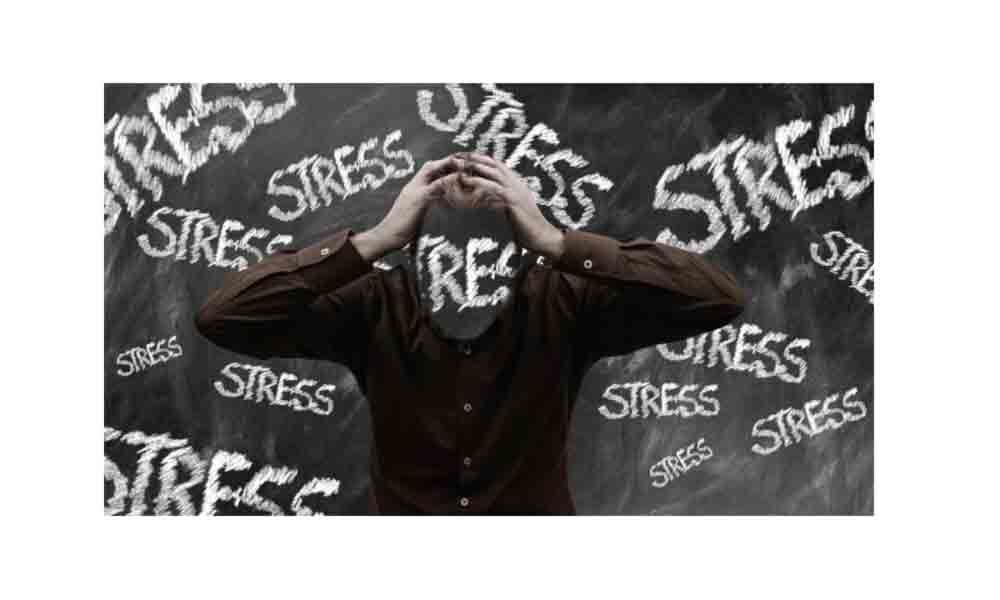Stress, anxiety may not be as harmful as you think

People generally think of stress and anxiety as negative concepts, now new study shows that they often play a helpful, not harmful, role in our daily lives.
New York (IANS): People generally think of stress and anxiety as negative concepts, now new study shows that they often play a helpful, not harmful, role in our daily lives.
"Many Americans now feel stressed about being stressed and anxious about being anxious. Unfortunately, by the time someone reaches out to a professional for help, stress and anxiety have already built to unhealthy levels," said study researcher Lisa Damour, private-practice psychologist from the US.
Stress usually occurs when people operate at the edge of their abilities -- when they push themselves or are forced by circumstances to stretch beyond their familiar zones.
It's also important to understand that stress can result from both bad and good events. For instance, being fired is stressful but so is bringing a baby home for the first time.
Anxiety, too, gets an unnecessarily bad rap, said the study. "As all psychologists know, anxiety is an internal alarm system, likely handed down by evolution, that alerts us to threats both external -- such as a driver swerving in a nearby lane -- and internal -- such as when we have procrastinated too long and it's time to get started on our work," Damour said.
"Similarly, if a client shares that she's worried about an upcoming test for which she has yet to study, I am quick to reassure her that she is having the right reaction and that she will feel better as soon as she hits the books," she added.
According to the researchers, stress causes harm when it exceeds any level that a person can reasonably absorb or use to build psychological strength, likewise, anxiety becomes unhealthy when its alarm makes no sense. "Untreated stress and anxiety can cause persistent misery but can also contribute to a host of additional psychological and medical symptoms, such as depression or an increased risk of cardiovascular disease", Damour added.








